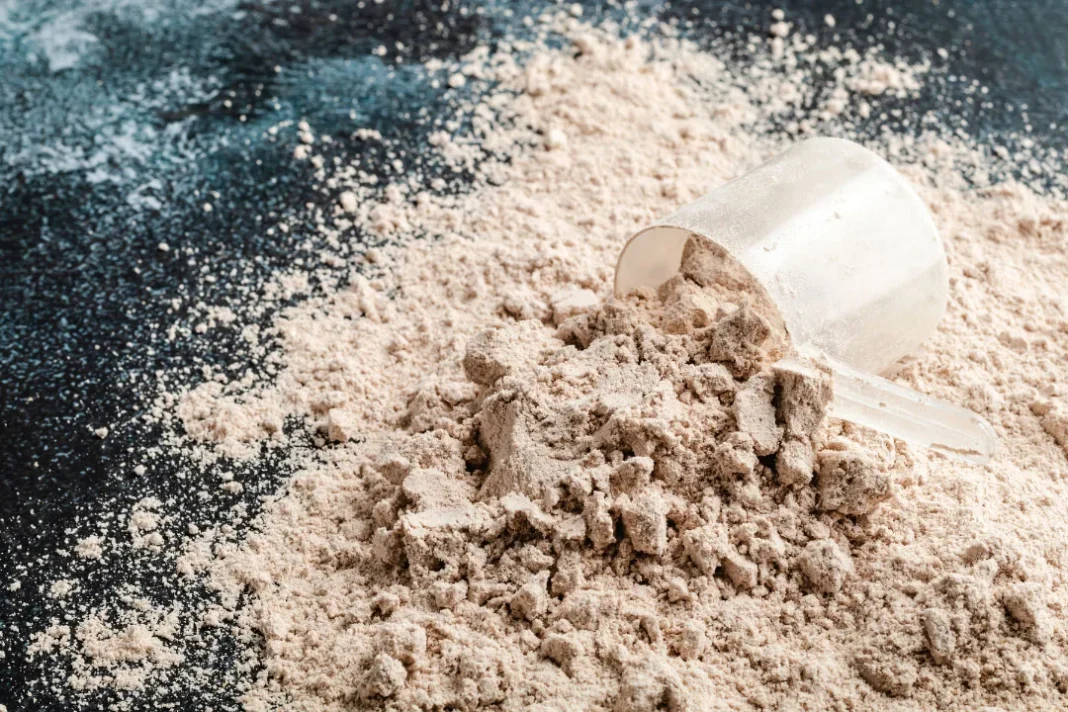If you’re looking for a cleaner way to boost your protein intake, then plant-based protein powders are a great option. We’ll compare two leading brands: Blessed Protein Powder and Nuzest’s Clean Lean Protein, so that you can make an informed purchase decision.
Consumers looking to add protein to their diets will soon find there is a big division in the marketplace for supplemental protein powders – specifically, whey proteins derived from milk and plant-based protein powders.
Whey protein powders have long dominated the market because they contain all the essential amino acids and thus provide a quick and simple way to boost proteins. However, whey protein may not be suitable for people who are lactose sensitive, lactose intolerant, and those following specific dietary restrictions. As such, plant-based protein powders are a great alternative, and there are many high-quality plant-based powders on the market.
Two standout companies and their respective products are Blessed Protein Powder and Nuzest’s Clean Lean Protein. This article will compare the two products and recommend which of them is more likely to meet your protein supplement needs.
You May Also Like:
What foods are high in protein?
The 10 best vegetables for protein
Blessed Protein Powder vs. Nuzest’s Clean Lean Protein – sometimes no whey is the best way
Cow’s milk is an excellent natural source of protein, so it’s no surprise that whey, derived from cow’s milk, is a common foundational ingredient for protein powder products. Specifically, whey is a liquid byproduct from the cheese making process that contains protein, water, fat, and carbohydrates. These last three components are removed, and the remaining protein is dried into a powder.
After being processed, whey powder still contains lactose, a milk sugar that can cause digestive discomfort in certain individuals. And because it’s a powder derived from an animal product, whey protein powder is generally unsuitable for vegans.
A more inclusive alternative comes in the form of protein powders derived from various plant sources such as peas, rice, soybeans, and even hemp. Some of these powders are made from a single type of plant, while others combine multiple ingredients to provide a wider range of amino acid types in their powders.
Both plant-based and whey powders contain roughly the same amount of protein per serving – usually between 20g and 30g. Consumers can ensure they’re getting the right combination of amino acids for their needs by talking to a medical professional and reading the ingredients list on each product.
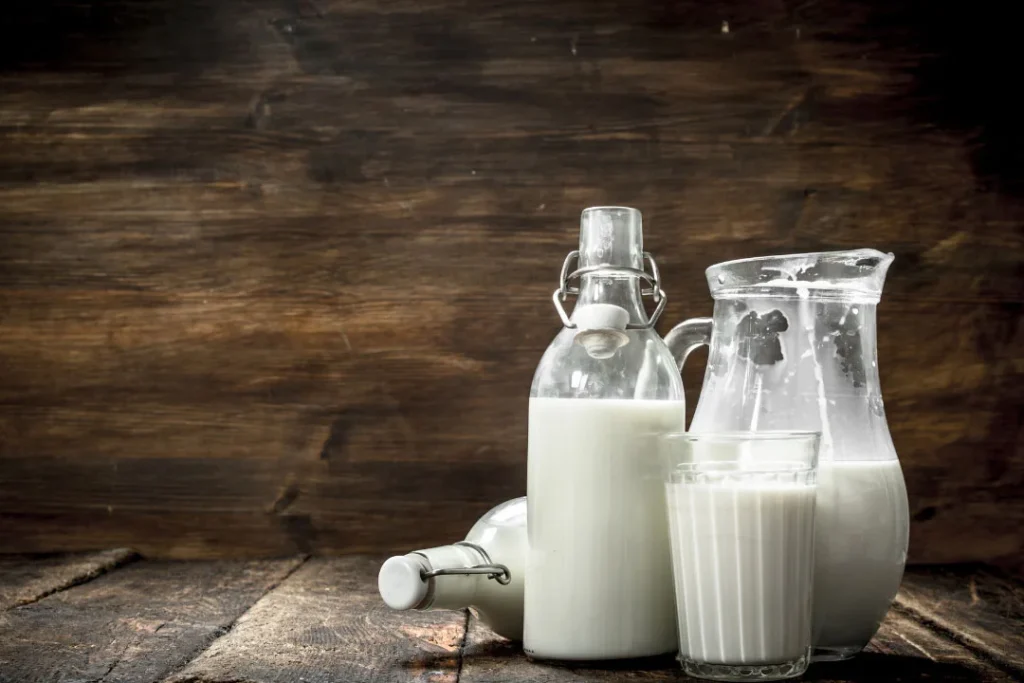
Blessed Protein Powder vs. Nuzest’s Clean Lean Protein – pea is for protein
Both Blessed Protein Powder and Nuzest’s Clean Lean Protein derive their protein from peas, which are considered some of the best sources of high-quality plant-based protein.
Nutritionists say pea protein contains all nine of the essential amino acids that can’t be manufactured by the body itself. It’s an especially rich source of branched-chain amino acids that enhance blood flow, promote heart health, and build muscles. Moreover, pea protein supplements are also a good source of iron.
Pea protein has been shown to be one of the most easily digested plant-based proteins and is compatible with many diets since it doesn’t contain any of the top eight food allergens: cow’s milk, eggs, fish, peanuts, shellfish, soy, tree nuts or wheat. In addition, pea protein powder mixes easily into water and has a smoother texture than other plant-based protein powders.
Pea protein products come in three types: isolate, concentrate, and textured. All three come from the same source – the yellow split pea – but isolate is the preferred version for people looking to build muscle without gaining weight. It’s the purest form of pea protein, and it’s the one featured in both Blessed Protein Powder and Nuzest’s Clean Lean Protein.
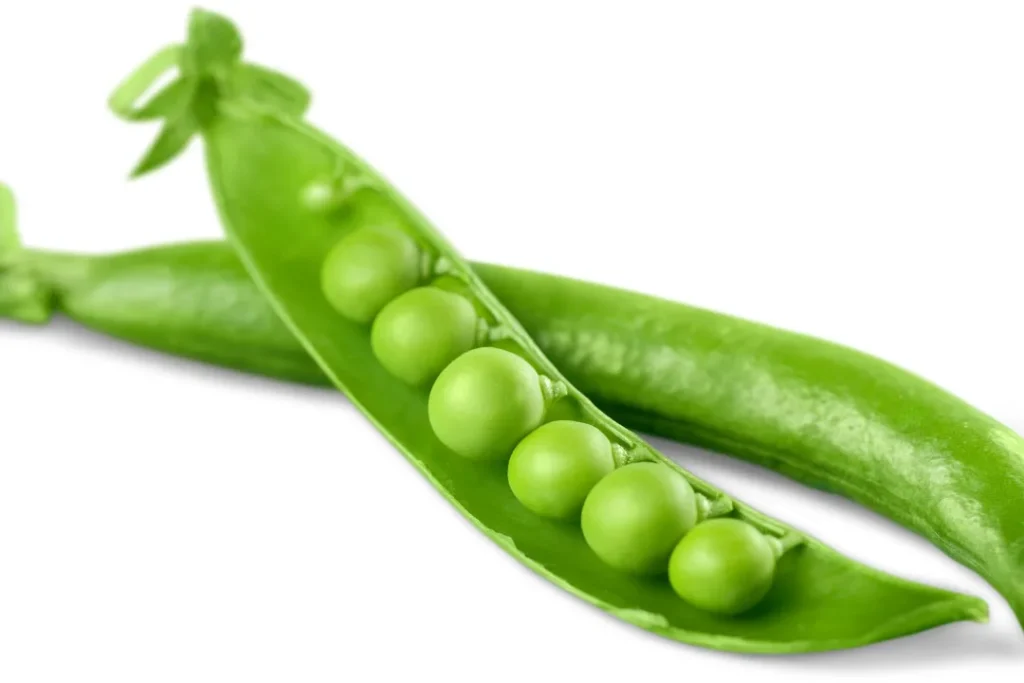
Blessed Protein Powder vs. Nuzest’s Clean Lean Protein – simpler is better
Blessed Protein Powder comes in many different flavors, and each variety has considerably more ingredients than any formulation of Nuzest’s Clean Lean Protein. For example, the chocolate-flavored Blessed Protein Powder contains:
- Raw pea protein isolate (sprouted)
- Cocoa (processed with alkali)
- Natural flavor
- sunflower creamer (sunflower oil, maltodextrin, brown rice syrup solids, d-alpha tocopherols)
- Inulin fiber
- Vegetable gums (gum acacia, xanthan gum)
- Salt
- Stevia leaf extract
- Psyllium seed powder
While these are all-natural ingredients, consumers looking for a simpler, cleaner product may prefer Nuzest’s chocolate version of Clean Lean Protein, which simply contains:
The relatively small number of ingredients is intentional, says Nuzest founder and CEO Trevor Bolland. He established the company more than ten years ago after seeking products to aid his daughter Monique, who was diagnosed with multiple sclerosis at age 22. Dissatisfied with the bleak prognosis they received, they consulted health experts worldwide for advice. Eventually, they came up with supplement products that exclude any ingredient that might cause complications for people with immune-mediated conditions like MS.
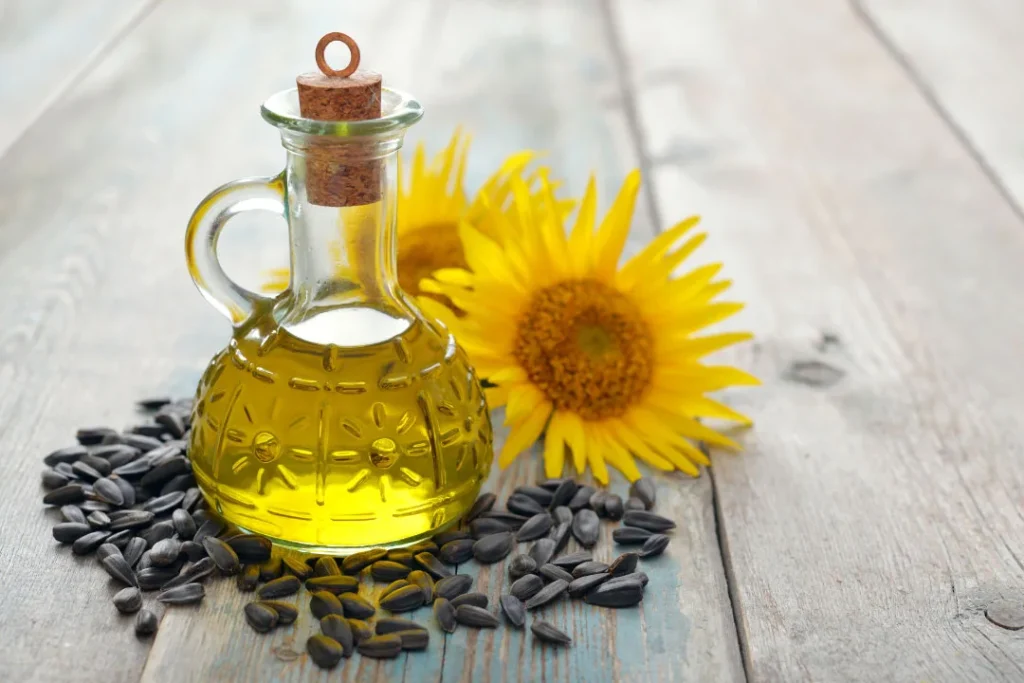
Blessed Protein Powder vs. Nuzest’s Clean Lean Protein – transparency matters
Product transparency is important as knowing exactly what is in a product helps consumers to balance their nutritional needs with their overall caloric intake and other dietary considerations.
In this regard, the advantage goes to Nuzest’s Clean Lead Protein. Clean Lean Protein lists all nine essential amino acids included in its ingredients. While Blessed is based on a similar type of pea protein isolate that should contain all nine, its ingredients list does not break down the actual percentages of each amino acid.
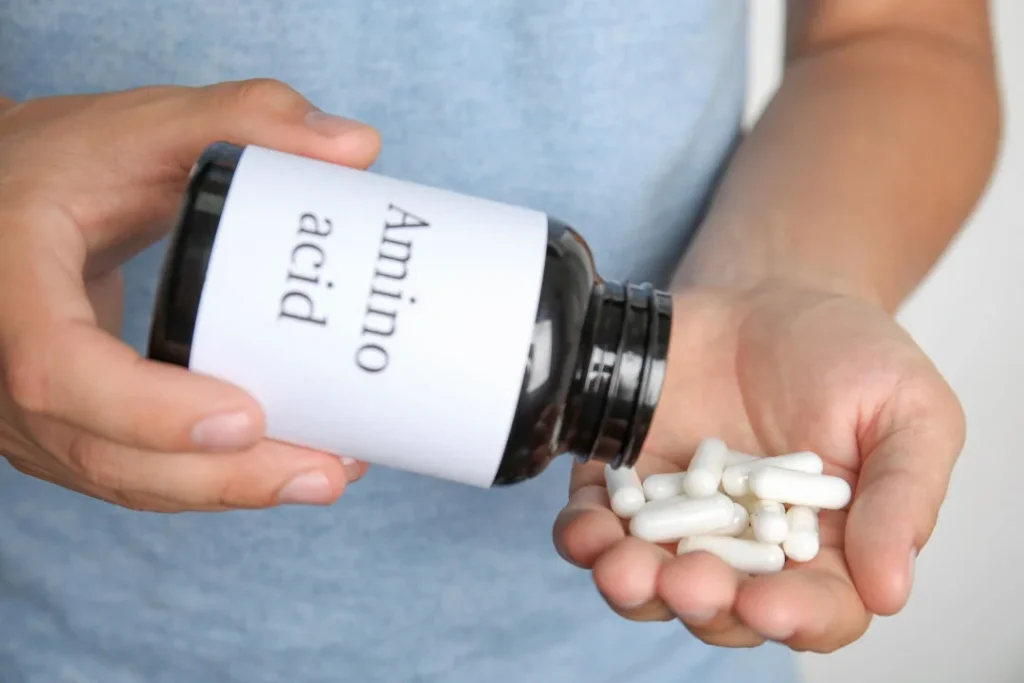
Blessed Protein Powder vs. Nuzest’s Clean Lean Protein – the bottom line
Both brands of protein powders are quite costly. However, both companies stress the quality of their ingredients, and they are producing high-end products for consumers willing to invest in their health. Depending on the size of the container and the number of servings, consumers will pay about $1.33 per serving of Blessed Protein Powder and about $1.60 per serving of Nuzest’s Clean Lean Protein.
Price, of course, is not everything. Because it contains fewer added ingredients, Nuzest has fewer potential allergens in its powder, making it a cleaner product. A serving of Clean Lean Protein has 20 fewer calories than a serving of Blessed Protein Powder, and it also contains less fat.
Overall, Nuzest’s Clean Lean Protein outperforms Blessed Protein Powder. Nuzest’s product provides a clear list of its amino acids and offers more protein to consumers with fewer additives and lower calories per serving.
Plant-based protein powder supplements can be an excellent addition to a healthy and balanced diet, especially for those seeking a convenient and effective way to boost their protein intake. These supplements are rich in essential nutrients and are easily digestible, making them an ideal choice even for those with dietary restrictions or digestive issues.

Further reading:
The Cleveland Clinic: Pea Protein: Nutritional Benefits & Types
Medical News Today: What to know about hemp protein
American Institute for Cancer Research: Pea Protein is Everywhere, Is It Healthy?
Important Note: The information contained in this article is for general informational purposes only, and should not be construed as health or medical advice, nor is it intended to diagnose, prevent, treat, or cure any disease or health condition. Before embarking on any diet, fitness regimen, or program of nutritional supplementation, it is advisable to consult your healthcare professional in order to determine its safety and probable efficacy in terms of your individual state of health.
Regarding Nutritional Supplements Or Other Non-Prescription Health Products: If any nutritional supplements or other non-prescription health products are mentioned in the foregoing article, any claims or statements made about them have not been evaluated by the U.S. Food and Drug Administration, and such nutritional supplements or other health products are not intended to diagnose, treat, cure, or prevent any disease.
